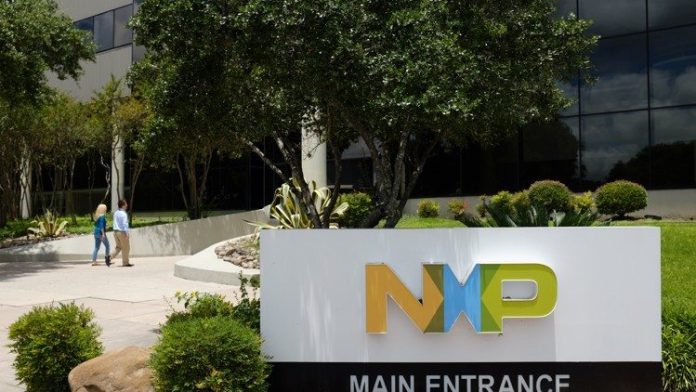NXP Semiconductors, which is set to be acquired by Qualcomm within a few months, is optimizing its 8-bit microcontroller for industrial internet of things use cases that require compact modules. As developers try to cram more functionality onto tiny printed circuit boards, NXP wants to make sure its solution is part of the package. The company has a loyal following among developers of connectivity solutions for the internet of things, and says the new chip targets industrial applications and motors that are controlled by chips instead of mechanical commutators.
NXP became the world’s largest maker of automotive chipsets when it purchased Freescale Semiconductor in 2015 for just under $12 billion. Less than a year later, Qualcomm announced plans to buy NXP, and that deal is expected to close this year.
Huawei is adding a new acronym to the chip lexicon: NPU. NPU stands for neural processing unit, and this is how Huawei describes the newest chip announced by its HiSilicon unit. The chip includes artificial intelligence capabilities, according to the company, and will be part of Huawei’s upcoming flagship smartphone, the Mate 10.
Huawei is hoping that AI will give consumers a good reason to consider the Mate 10 as a competitor to the upcoming tenth anniversary iPhone, expected September 12. The Mate 10 is not expected to launch until more than a month later. Although Huawei does not sell nearly as many smartphones as Apple or Samsung, the company has made it clear that it will not abandon its smartphone business, which it clearly sees as an important complement to its wireless infrastructure and chip design businesses.
The Kirin 970 is the name Huawei has given to its neural processing chipset. Like Apple, the company is differentiating its smartphones by designing its own high-end processors. This increases the pressure on wireless chip vendors to differentiate themselves with their connectivity offerings, since two of the biggest device makers are taking CPU design in-house.

